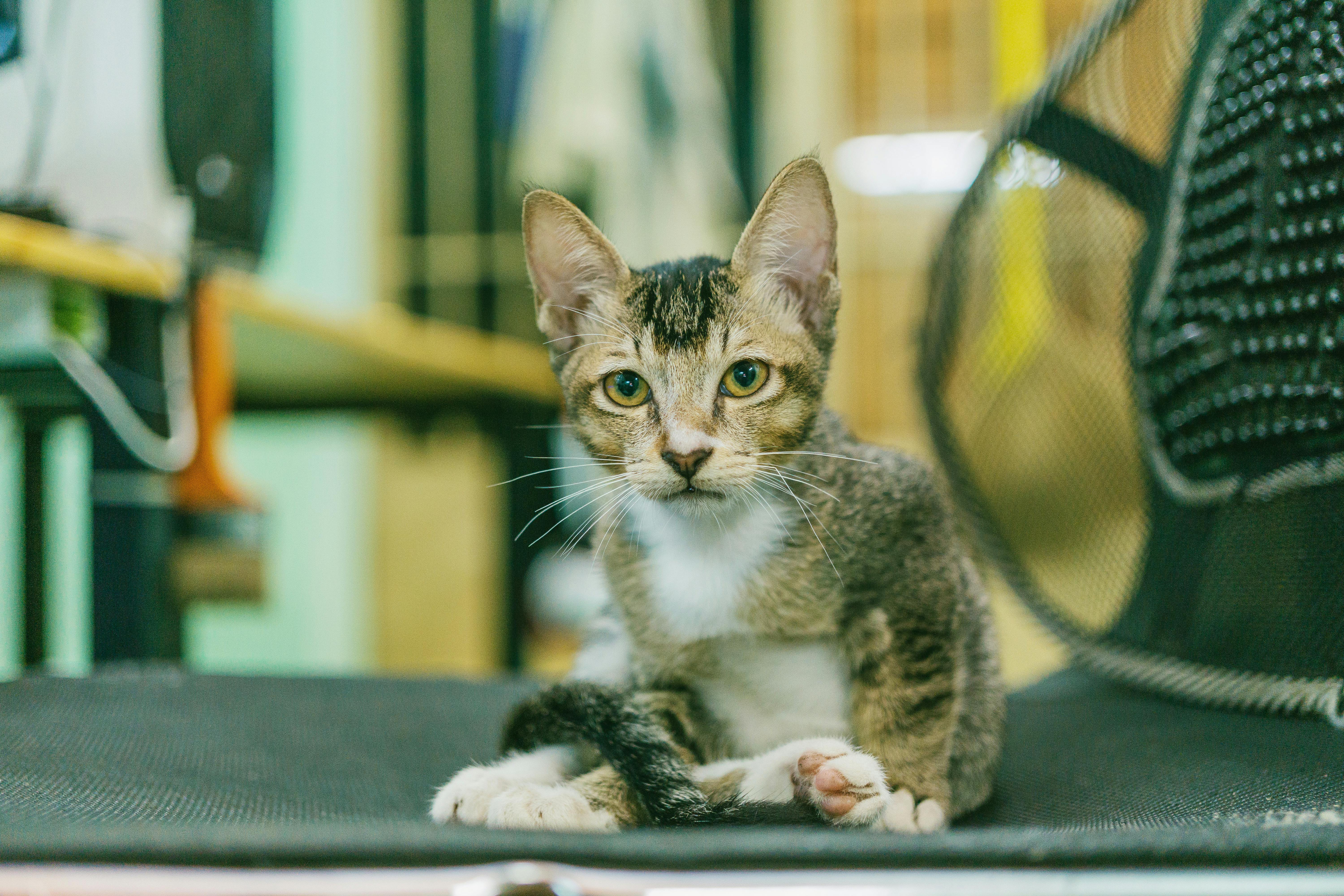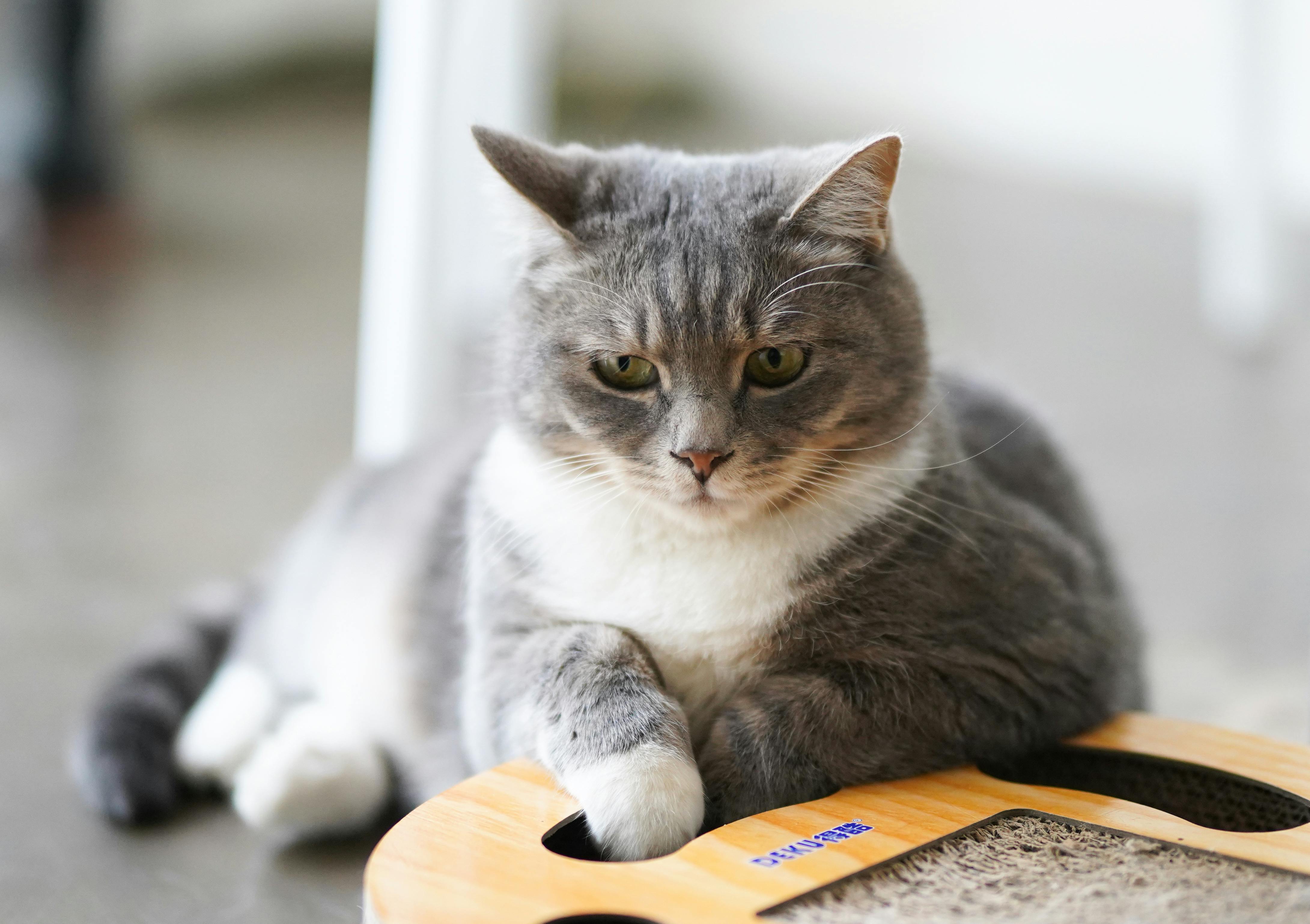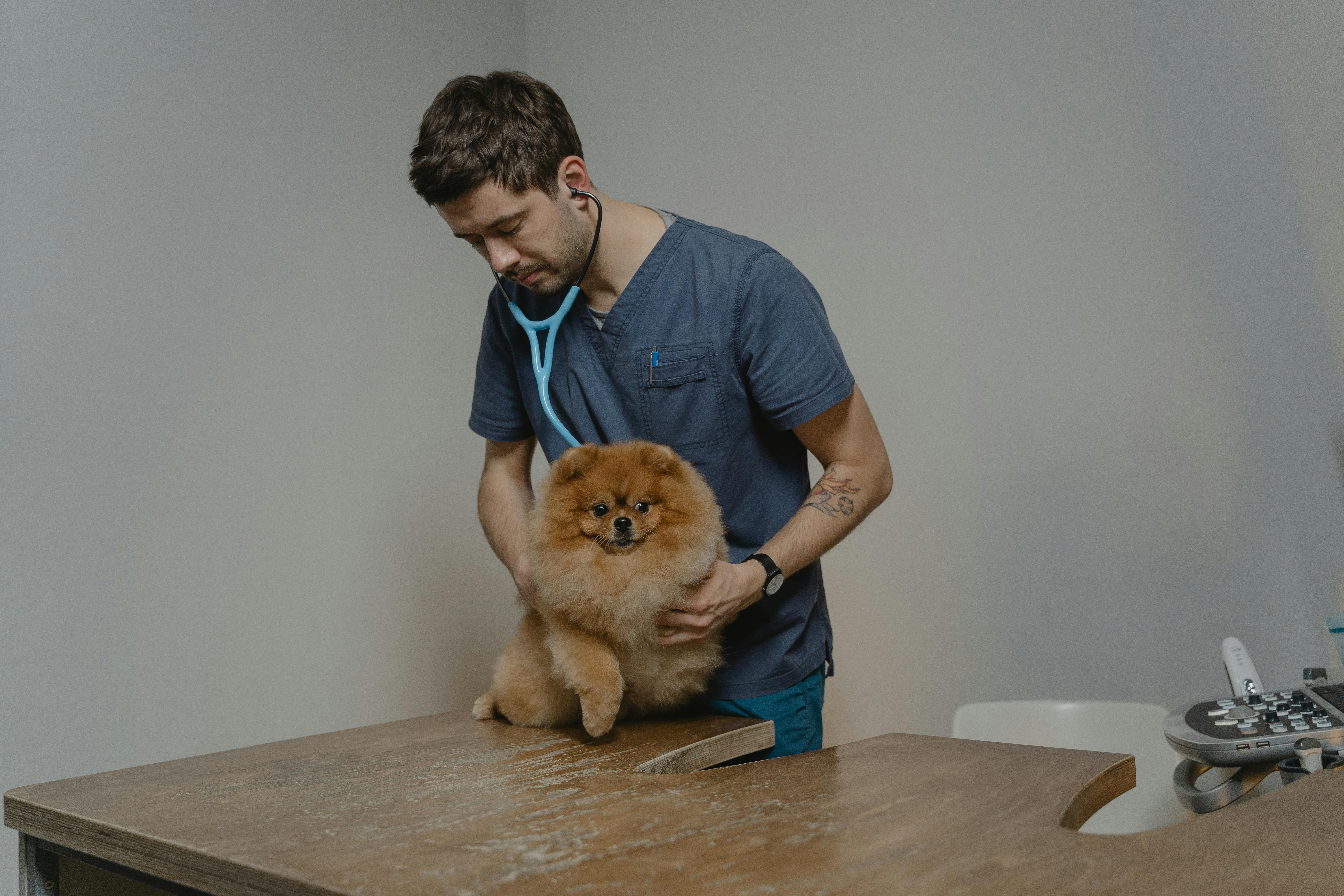In captivity, bird dander is the invisible enemy for both birds and humans. These little flakes of dead skin give way to newer, healthier skin. And looking at the big picture, this is a good thing for your bird. However, constantly sending such a large number of particles into the air can make the air unhealthy. Here are 5 things you can do to minimize the danger and keep the air healthy.
Offer birdbaths—I once knew a lady who described a birdbath as throwing some water up into the air and running under it. Although that may seem like a pretty accurate description of what your pet does, offering your bird a chance to wash off with warm water is one of the best ways to get rid of dander before it can become airborne.
Some will love having a bowl of warm water in the cage for bathing. Others may enjoy showering with you in the air of a shower hanger. The water pressure should be set to mist so it doesn’t scare or damage its wings. You are the best judge of which method your feathered friend will enjoy the most.
Bathing should be done early in the day to allow it to dry completely before cooler night temperatures set in. This avoids the risk of chills. Check with your vet for the healthiest frequency.
clean the cage regularly—A thorough cleaning at least once a month will really help clean the air. Particles can stick to cage bars, the underside of the cage roof, perches, and other toys. Taking the cage outside to clean and disinfect it will remove particles that are invisible to the eye. Sanitizing the cage will kill bacteria and viruses that often attach to particles that can and often are easily inhaled.
Check your numbers and make a careful choice—-If you are devoting a small space for bird room, keep the number you adopt small. Having too many in a cramped area makes living conditions nearly impossible to keep healthy. One or two birds make a smarter decision.
And while all birds create dander, there are powdered birds like cockatoos, African greys, and cockatoos that also shed a white powder. If you’re still in the process of deciding, think carefully about whether you want to add a bird dust and dander-generating bird to the cleanup.
Clean smarter—The idea here is to trap the contaminants instead of releasing them into the air. This means damp mopping and wiping down surfaces instead of sweeping or dusting. Always vacuum with a cleaner that securely traps contaminants without letting them escape. Outfitting your bedroom with easy-to-clean surfaces like tile, hardwood floors, blinds, shutters, and easy-to-clean fabrics and furniture will help.
filter the air—Unless you actively remove particles from the air, contaminants will continue to accumulate in the air and thicken the air for you and your bird to breathe. For your pet, this can mean clogged air passages that very often lead to illnesses and infections that are difficult to reverse. For humans, the increase in airborne particles causes flare-ups in allergy and asthma sufferers and can trigger the onset of respiratory problems.



